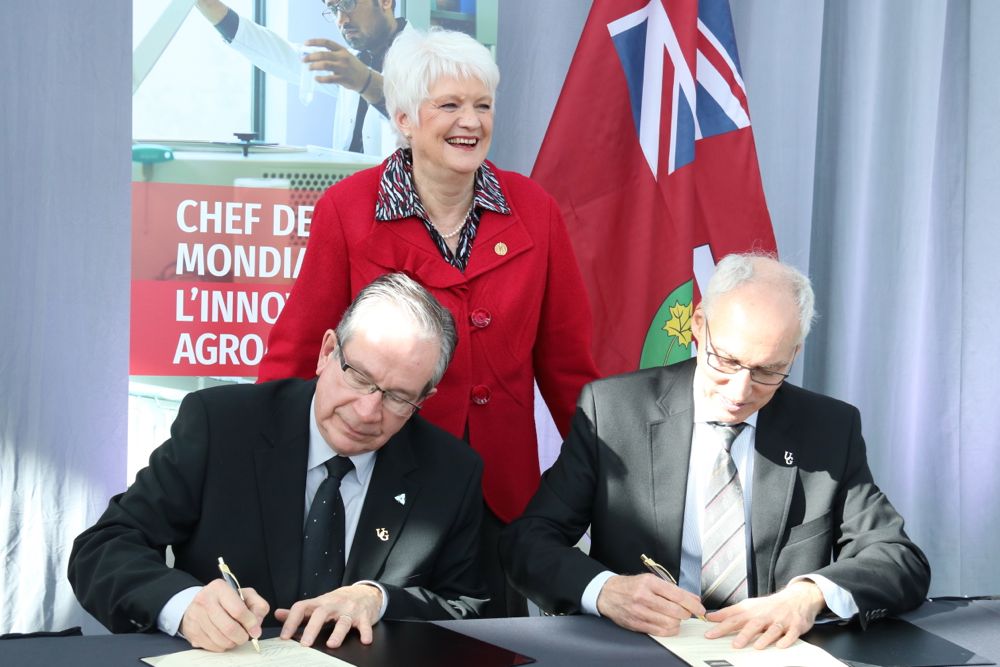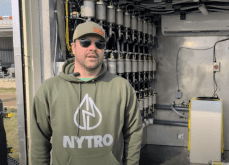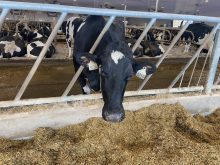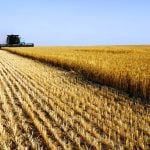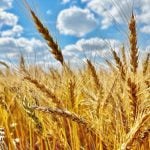Farmers, ranchers, and folks who work in the agriculture industry all want the latest and greatest technology for their respective fields.
At the 2022 Canada’s Farm Show in Regina, Saskatchewan, six teams competed in a 24-hour “Agtech” start-up competition. It emulates shows like Dragon’s Den and entailed each team selecting one member to represent them after having 24 hours to come up with an idea that could revolutionize modern agriculture, and then pitch that idea in front of a panel of judges.
One of the notable judges who joined the panel was Dragon Den’s own Vikram Vij.
Read Also
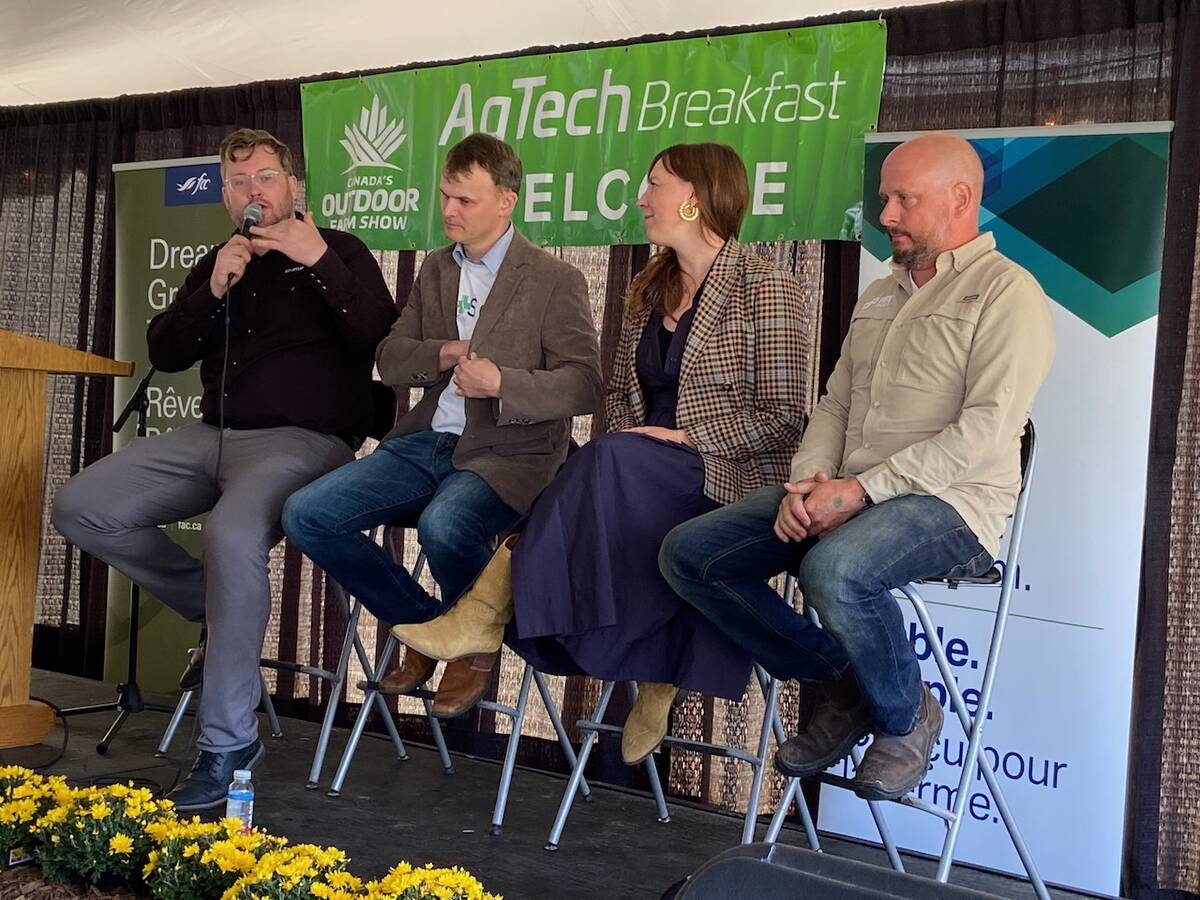
Ag tech success potential improved with farmer connections
Ag tech company success is more likely when they connect with farmers to pilot test their potential products.
This year’s winners, taking home $4,000 for first place, $2,000 for second, and $1,000 for people’s choice were: Prodyous (first place), ISPI (second place), and Our Side (people’s choice).
The businesses
Prodyous, pronounced produce, was able to capture first place with their pitch to create an app that would help eliminate food insecurity within neighbourhoods. Their idea involves getting young and experienced people into gardening in their backyards, then connecting them to local consumers who will be able to purchase their goods. The idea is essentially Facebook Marketplace, but for fruits and vegetables.
Their co-founder Hannah Tait says “the problem is that the current supply chains are unable to meet consumer needs in terms of price, product and place, supply chains are projected to become even less reliable, affordable, and less accessible.”
In addition, they want to provide advice and suggestions to individual users to help increase their yield and crop health. Their subscription model would bring in an estimated $300,000 per year in revenue.

Prodyous accepts their first place winnings on stage. Photo: Liam O’Connor
The second-place team called ISPI presented their plan to create a business that would remove the subjectivity of land/soil assessments by creating a gold standard database that land would be ranked by accordingly. The website would be aimed at third-party consumers like insurance companies or individual/direct buyers of land who want an objective metric for a land valuation.
“What we are proposing is a soil productivity index, which is a data-driven standard that optimizes land valuation,” says ISPI’s team leader Blake Weiseth. “This is a transparent system that makes land transactions fair, and ultimately, sustainable management practices are rewarded.”
Ultimately, how ISPI’s algorithm will work is by drawing in different data layers and coming up with a single variable gold standard number, which everyone would be able to use as a reference point. A customer would enter in their land coordinates, then their algorithm would determine a land score. If any red flags appear or if it requires further investigation then they would get on the ground and work with partners to facilitate data collection.
Finally, the people’s choice was determined through the audience voting online after the presentations. The vote resulted in Our Side winning. Our Side resonated with the crowd over its plan to eliminate the lack of transparency in the carbon tax market and lack of advocacy for on behalf of farmers.
On their proposed website, individuals or companies would be able to buy and sell carbon tax credits. Our Side would take a percentage of each sale and purchase, similar to stock exchanges and brokerage deals.



